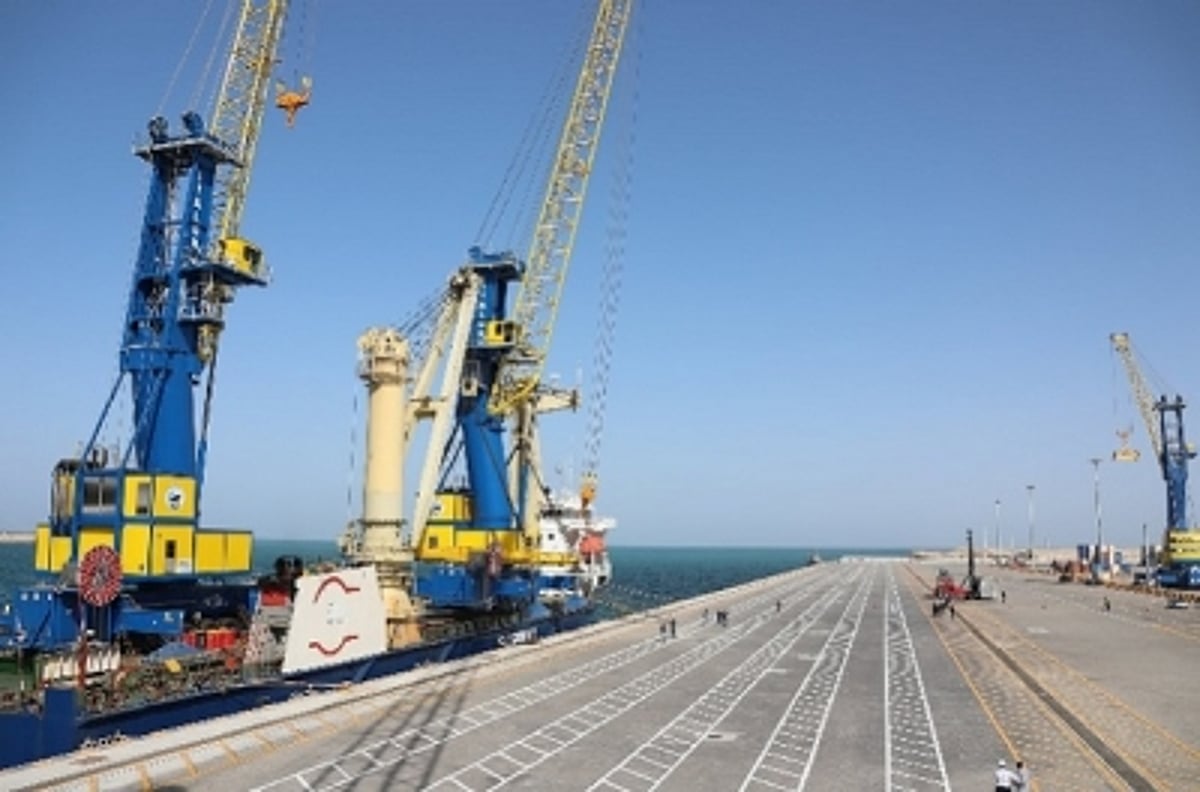India Gains Six-Month Sanction Exemption for Chabahar Port
India has received a temporary reprieve from U.S. sanctions regarding its strategic Chabahar port project in Iran. This exemption, granted for six months, is crucial for enhancing trade routes to Afghanistan, particularly as New Delhi seeks to strengthen its influence in the region.
Background on the Chabahar Project
Last year, India and Iran formalized an agreement to develop the Chabahar port, which has been a long-awaited initiative aimed at facilitating trade with Afghanistan while circumventing Pakistan. The deal allows India access to the port for a decade, positioning it as a vital alternative for landlocked Afghanistan.
However, U.S. sanctions imposed in September 2023 threatened to complicate India’s involvement in the project. These sanctions were part of broader efforts to pressure Iran over its nuclear program, requiring companies engaged in the Chabahar project to withdraw or face severe financial repercussions.
Recent Developments
On Thursday, India’s foreign ministry confirmed that the U.S. has paused these sanctions for a six-month period. Foreign ministry spokesman Randhir Jaiswal announced that this exemption would last until April 2026, providing India with a crucial window to continue its investments in Chabahar without the risk of asset freezes or transaction bans in the U.S.
This development comes at a time when Pakistan and Afghanistan are navigating delicate peace negotiations following recent border conflicts. The Chabahar port serves as a strategic alternative for Afghanistan, allowing for trade routes that do not rely on Pakistan, which has historically controlled transit into the country.
Strengthening Ties with Afghanistan
India’s relationship with Afghanistan has evolved significantly since the Taliban’s takeover in 2021. Recently, Amir Khan Muttaqi, the Taliban’s foreign minister, visited India, signaling a potential thaw in relations. Following this visit, India has upgraded its diplomatic presence in Kabul, reinstating its mission as a fully operational embassy.
FAQs
What is the significance of the Chabahar port for India?
The Chabahar port is crucial for India as it provides a direct trade route to Afghanistan, enhancing India’s strategic presence in the region while bypassing Pakistan.
How does the U.S. exemption impact India’s operations in Chabahar?
The six-month exemption allows India to continue its investments and operations in the Chabahar project without facing U.S. sanctions, which could have frozen assets and restricted transactions.
What are the broader implications of this exemption for U.S.-India relations?
This exemption reflects the complexities of U.S.-India relations, particularly as India navigates its strategic interests in Afghanistan while maintaining ties with the U.S. amid ongoing trade negotiations.
Conclusion
India’s six-month exemption from U.S. sanctions on the Chabahar port project marks a significant step in enhancing its trade and strategic interests in Afghanistan. As the situation evolves, India will likely continue to strengthen its ties with both Iran and Afghanistan, navigating the complexities of regional geopolitics.
The Chabahar port project is not only significant for India but also plays a vital role in regional connectivity and economic development. By providing an alternative route for trade, it aims to bolster Afghanistan’s economy and facilitate access to international markets. This is particularly important given Afghanistan’s reliance on external trade for essential goods and services, especially in the wake of the Taliban’s return to power, which has complicated its economic landscape.
Moreover, the strategic importance of Chabahar extends beyond Afghanistan. It serves as a counterbalance to the China-Pakistan Economic Corridor (CPEC), which has been a focal point of China’s Belt and Road Initiative. By investing in Chabahar, India seeks to enhance its influence in Central Asia and counteract the growing presence of China in the region. This geopolitical maneuvering underscores the broader competition for influence among major powers in South Asia and the Middle East.
As the six-month exemption period unfolds, India will likely assess its long-term strategy regarding Chabahar and its broader regional ambitions. The evolving dynamics in Afghanistan, particularly in light of international diplomatic efforts and humanitarian needs, will also play a crucial role in shaping India’s approach. The situation remains fluid, and India’s actions in the coming months will be closely monitored by both regional and global stakeholders.
Also Read:
U.S. Resumes Nuclear Weapons Testing Amid Global Tensions







